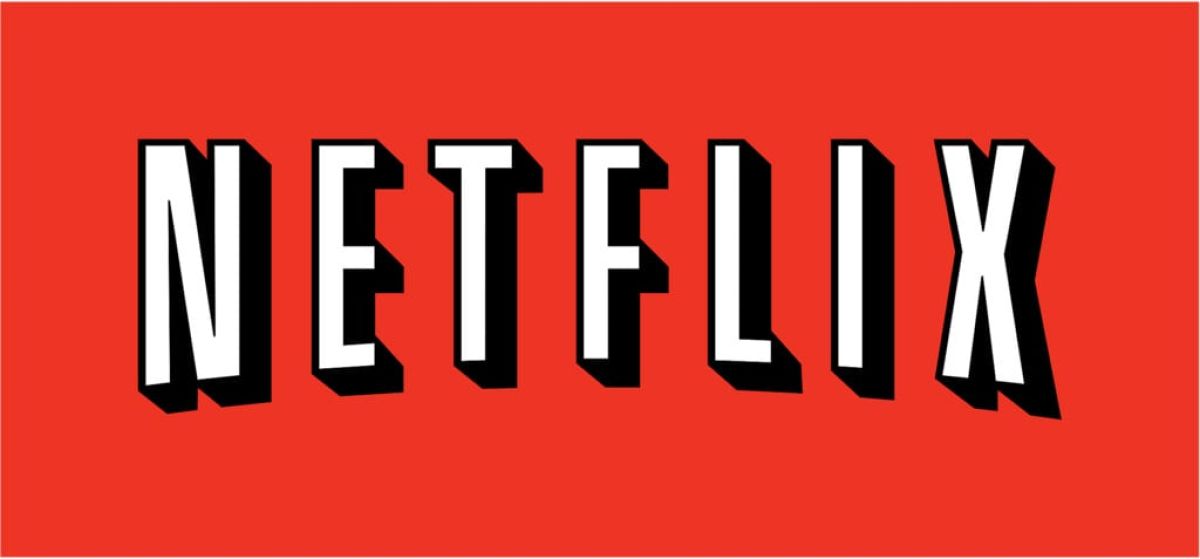Opinion: What Netflix‘s big BAFTA wins mean for the future of cinema

If you’re like me, you didn’t watch the BAFTAs to see host Joanna Lumley’s jokes crash and burn, or to see celebs who wouldn’t lend each other a spoonful of sugar pretend they’re best mates. Granted, there were some memorable moments, like Cirque du Soliel’s acrobatic reinterpretation of the moon landing and future James Bond hopefuls Richard Madden, Jamie Bell, and Taron Egerton sharing an awkward podium, each one trying to edge the others out of the spotlight. However, this year’s results were bigger than the BAFTAs; frankly, they were bigger than predicting the Oscars — this year is about whether Netflix is going to win its battle with movie theatres.
As consumers, we’ve been enjoying the fallout of premium filmmaking and artistic experimentation that has come from the rise of streaming services and their war with cinema owners. Writers are getting paid more, directors are being lured to Netflix on the promise of creative freedom, and television and film has never been so good.
While less of us are going to the pictures because in 12 months we can watch any new release on our laptop in our knickers, movie theatres are fighting to avoid the same fate as Blockbuster. The loudest salvo was when the Cannes Film Festival effectively banned streaming films from competition in support of French theatres and their rich cinematic heritage. Netflix retaliated by pulling their arthouse features from film festivals completely and drawing filmmaking titans like Alfonso Cuarón to make more premium content. Now, every award for Cuarón is a win for Netflix and each win secures Netflix’s future as a media giant.
Even though streaming isn’t a lucrative industry just yet, the important thing is it will be. This is why Netflix CEO Reed Hastings is valued at $3.6 billion, it’s why his company is willing to accumulate so much debt for new content ($21.9 billion as of September 2017, up from $16.8 billion the previous year) and sign 9-figure deals with Shonda Rhimes and Ryan Murphy to come on board.
What Roma‘s numerous accolades tell us is that Netflix has won over the hearts and minds of Hollywood decision-makers. Remember, it’s not the public that votes for BAFTA winners, it’s actors, writers, directors and, most importantly, producers — producers who have financed Netflix films. What we’ll see in the future is more financing in streaming films, more streaming services popping up (such as Disney+) and less and less cinema-exclusive releases.







